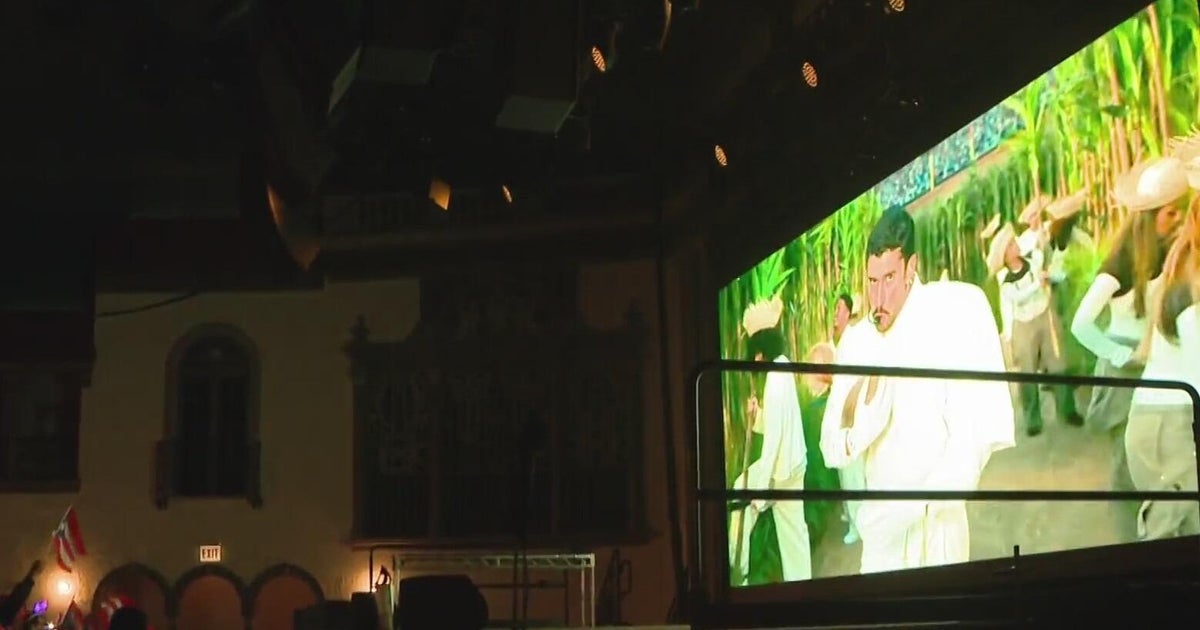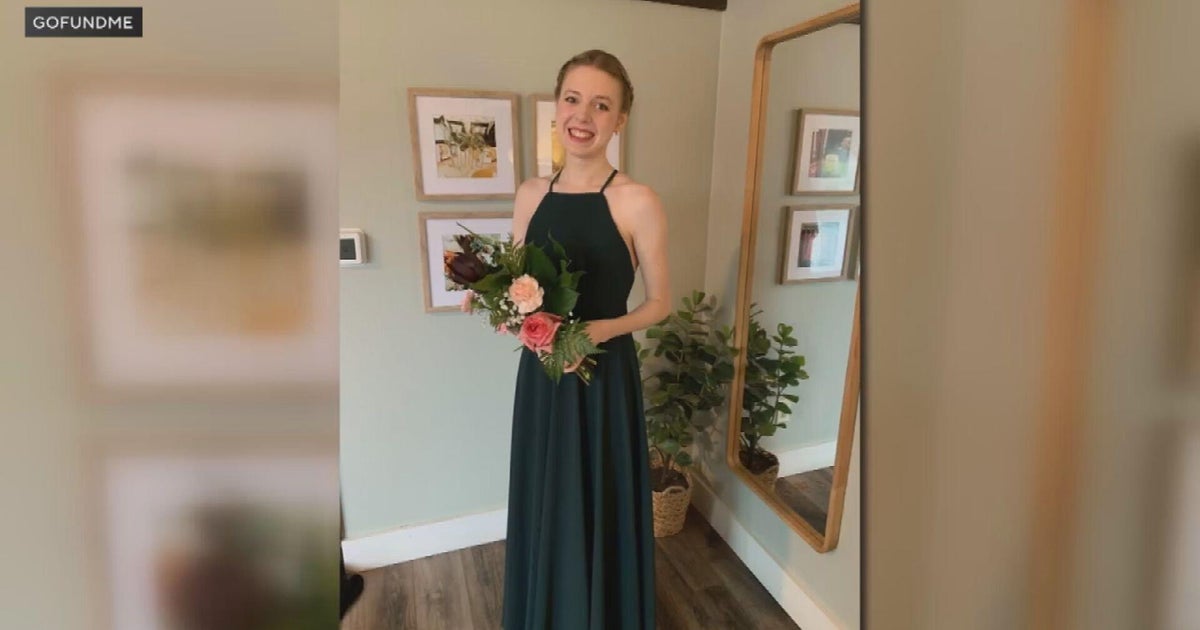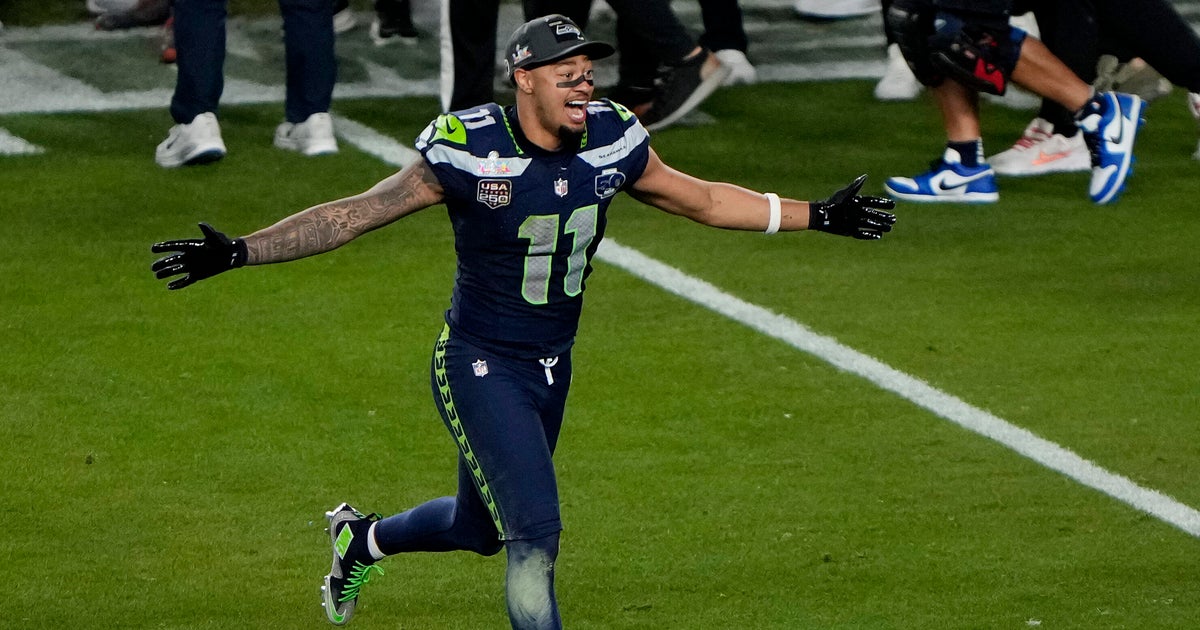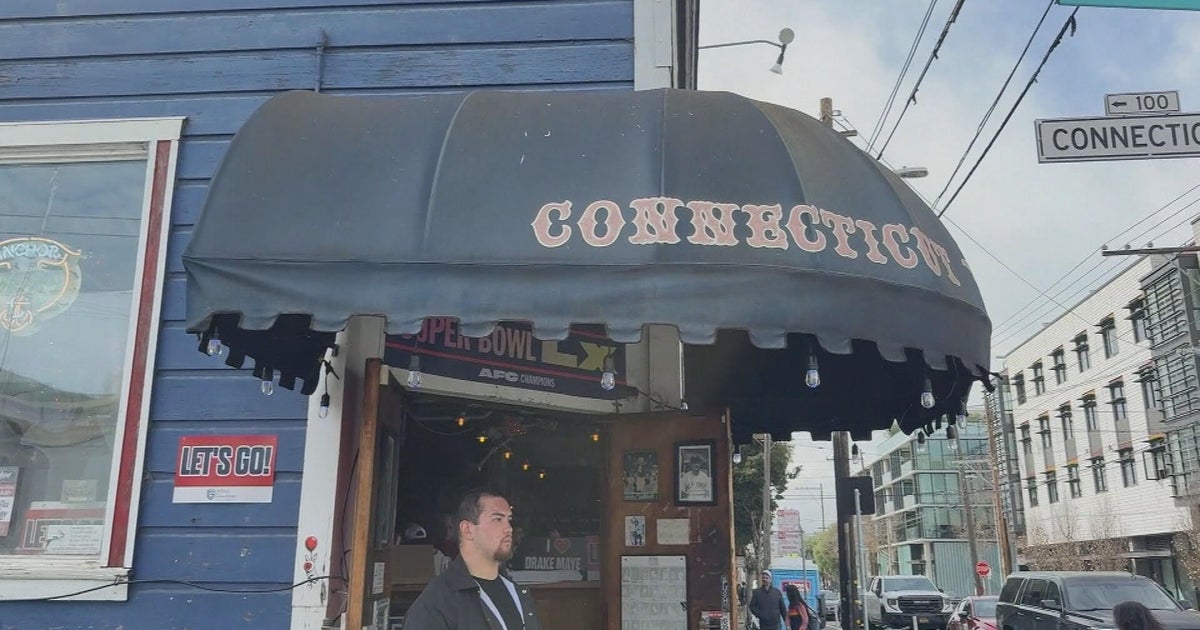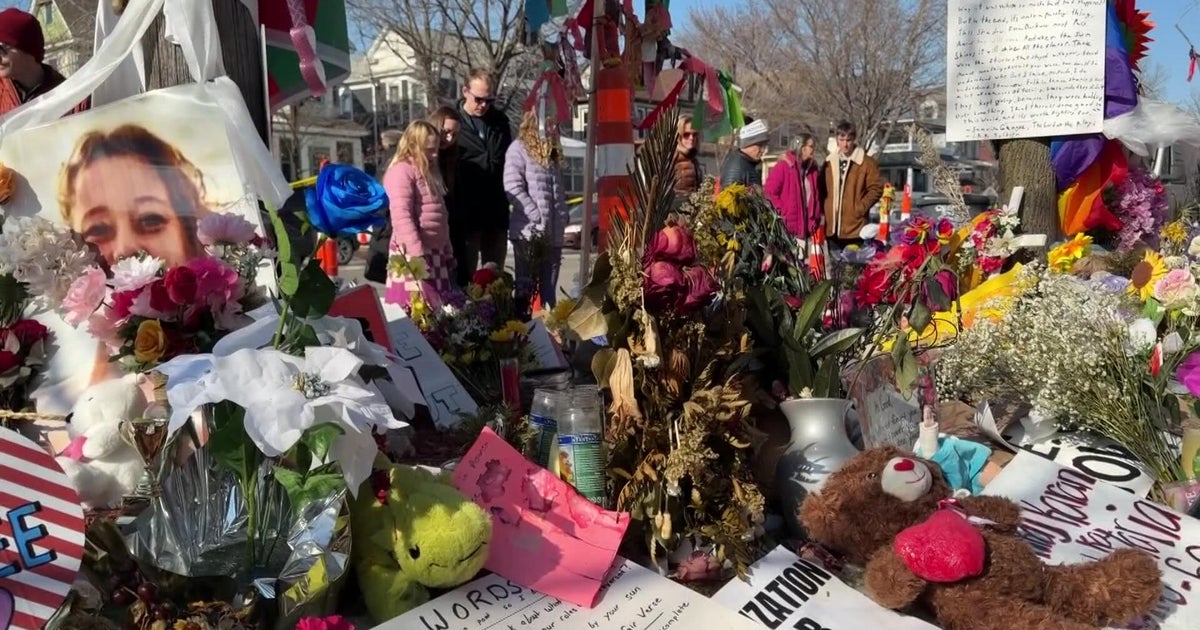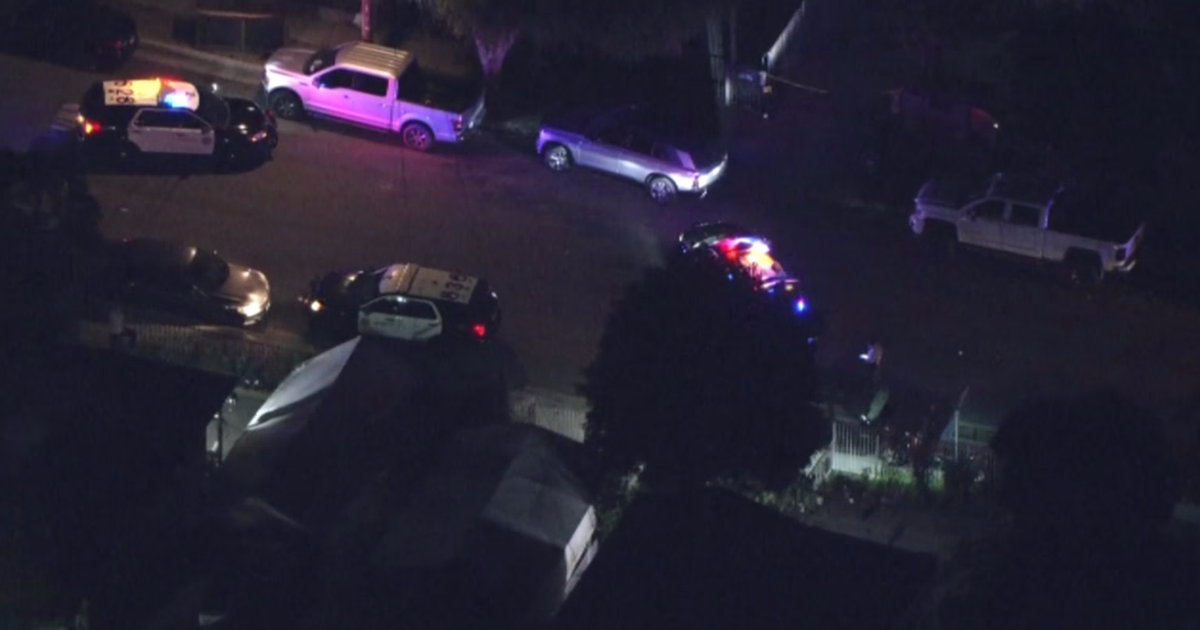Chicago Blues Musicians
Maybe you've grown up on the blues or maybe you're just looking to connect with something real. Any way you slice it, Chicago is the undisputed birthplace of the blues and here are a few of the city's Blues legends.
Buddy Guy
Born in Lettsworth, LA in 1936, Buddy Guy is an American blues guitarist and singer. He has influenced a wide variety of blues and rock guitarists, including Jimi Hendrix and Eric Clapton, and is one of the most important living proponents of the Chicago blues. He learned how to play guitar in Louisiana and played with bands in the early 50's in Baton Rouge, until he moved to Chicago in 1957 where he met his mentor Muddy Waters. In 1958, he beat out West Side guitarists Otis Rush and Magic Sam in a "head cutting contest" for a record deal with Artistic Records. In the 1960's, Guy worked as a session guitarist for Chess Records. There he played on many records, including those of Junior Wells, whom he would later record and perform with extensively. His career was revived with the growing popularity of the blues during the 1980's and 1990's and remains today a pillar of the Chicago blues.
Koko Taylor
Known as "The Queen of the Blues," Koko Taylor was known for her powerful, rough voice and traditional blues style. Born just outside Memphis, she left her hometown for Chicago in 1954. She began performing in Chicago's blues clubs and was spotted by Willie Dixon in 1962, who signed her to her first recording contract. She was signed by the legendary Chess Records in 1965, recording her first major hit "Wang Dang Doodle" for the label, which reached number 4 on the R&B charts in 1966 and sold one million copies. She grew her fan base through extensive touring in the 1960's and 1970's and signed to Alligator Records in 1975, exposing her to an even wider fan-base. She recorded over a dozen albums for the label, and had a major influence on musicians from Janis Joplin to Bonnie Raitt. Koko Taylor passed away on June 3rd 2009 while recovering from surgery, but remains arguably the most influential female blues voice ever.
Mavis Staples
Mavis Staples is an American R&B and gospel singer, born in Chicago, IL. Her career began has the lead singer for the Staples Singers, which included her sisters and father on guitar, recording the classic "I'll Take You There." She recorded her first solo album in 1969 for Volt Records, a subsidiary of Stax. She has continued recording for the last forty years over a wide variety of genres, including a film soundtrack produced by Curtis Mayfield, an electro-pop album for Holland-Dozier-Holland in 1984, as well as some collaborations with Prince in the late 80's and early 90's. In 2010, she released an album produced by Wilco's Jeff Tweedy, titled You Are Not Alone, and also performed at Lollapalooza.
Muddy Waters
Muddy Waters was a Mississippi born blues guitarist, singer, and songwriter, considered to be the "Father of the Chicago blues." He started out playing harmonica, but by the age of seventeen was playing guitar at parties and fish fries. Waters moved to Chicago in 1943, and was taken under the wing of Big Bill Broonzy (the leading bluesman in Chicago at the time) who allowed Waters to open for him. In 1947, his father gave him his first electric guitar, which allowed him to be heard over noisy club crowds. In 1946 he was signed to Aristocrat Records (later becoming Chess records) but would not have his first big hits "I Can't Be Satisfied' and "I Feel Like Going Home" until 1948. Waters became the leading bluesman in Chicago, and would go on to record countless hits, including "Rollin' Stone," "Mannish Boy," and "Hoochie Coochie Man," which would not only become blues staples, but also have an extremely important impact on rock and roll. Waters died in 1983 at the age of 70.
James Cotton
James Cotton is a blues harmonica player and band leader from Mississippi. He was first influenced to play the harmonica while listening to a radio program that featured Sonny Boy Williamson, who basically adopted Cotton after his parents died when he was nine. Cotton accompanied Williamson while he toured, learning from the legend and also playing along with him at gigs. At one of these gigs, Cotton met and befriended Howlin' Wolf, and would later tour with him. Cotton also played with Muddy Waters, and became his primary harmonica player for twelve years, playing on many of his recordings including the 1977 Grammy Winning Hard Again. Cotton would go on to form the James Cotton Blues Band, earning two Grammy nominations. Cotton continues to play and influence blues and rock musicians.
